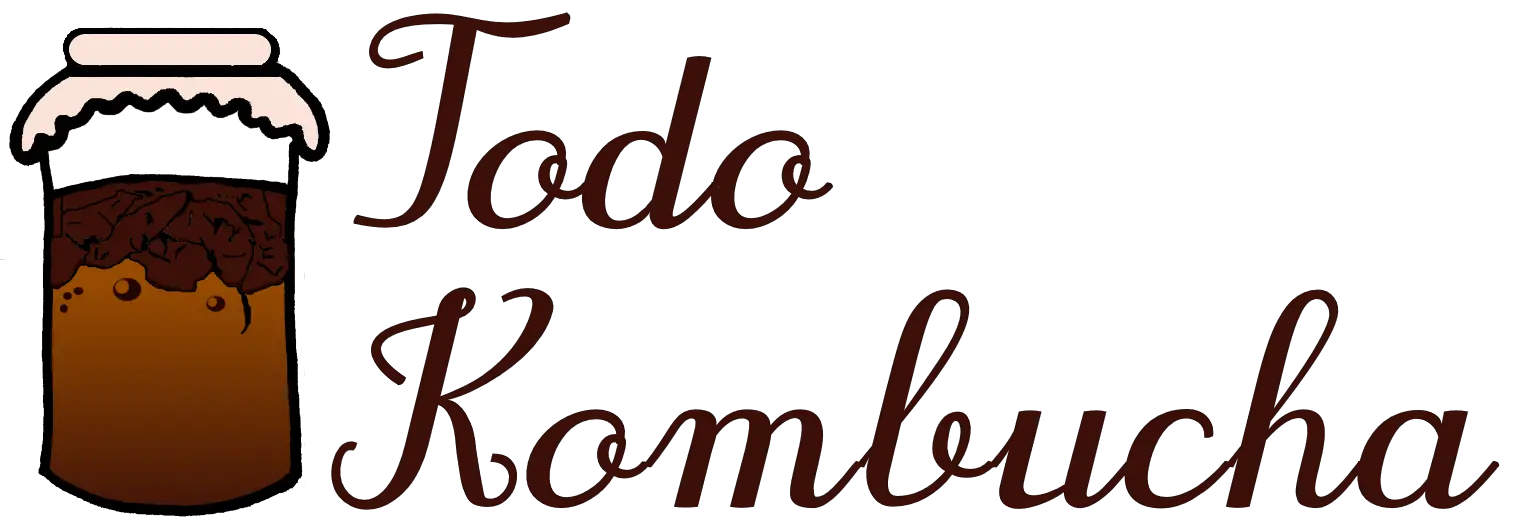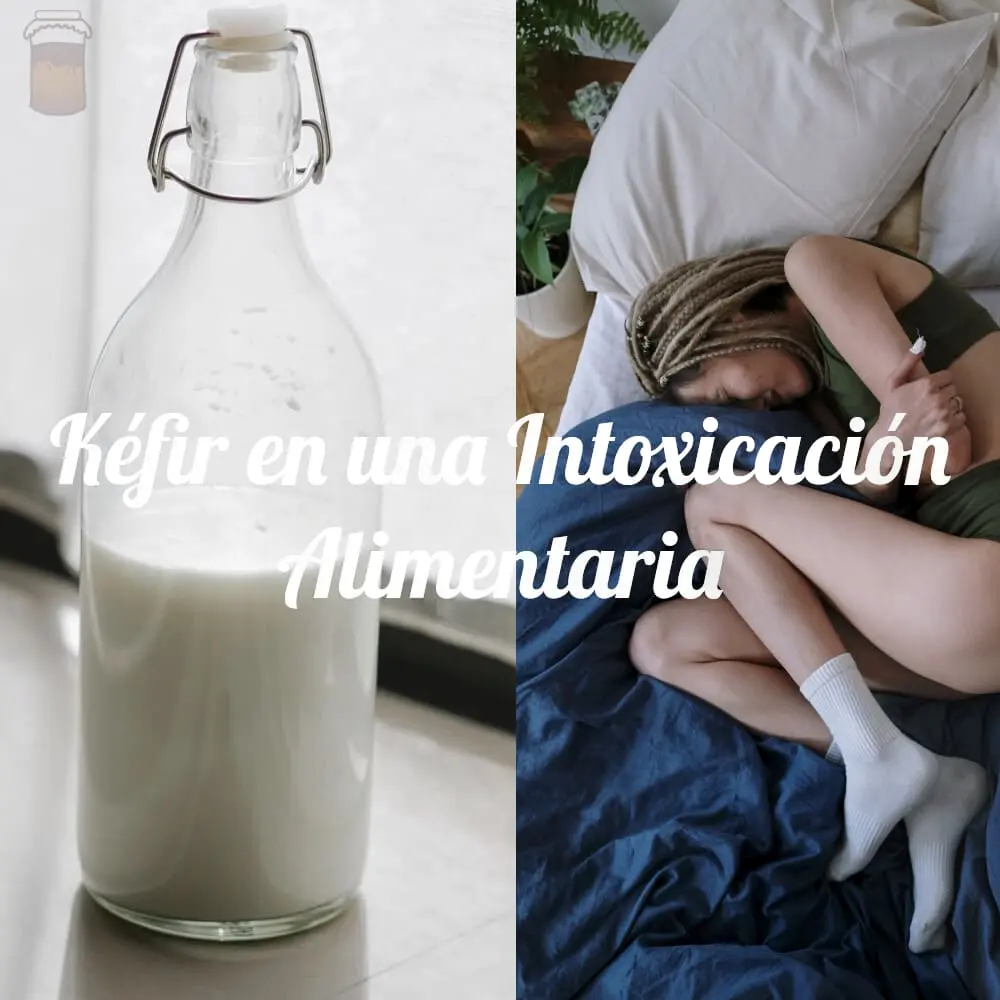The relationship between consuming fermented functional food products and their beneficial action on health has been studied for some time and the involvement of the intestinal microbiota and the participation of probiotics in the microbiota has been proven with scientific evidence.
According to the Center for Disease Control and Prevention, they estimate that most food poisoning is caused by five known microorganisms such as: Norovirus, Salmonella, Clostridium Perfigren, Campylobacter spp. and Staphylococcus aureus. [1]
However, Escherichia Coli also enters the profile and are causing serious hospitalizations and deaths if not neutralized quickly.
This is where milk kefir comes in as a functional food and its probiotic participation, according to several in vivo animal studies pose kefir as a possible antimicrobial potential against different toxic microorganisms and its protective capacity of the intestinal mucosa strengthens the defenses to combat food poisoning.
It is important to mention that most studies have been evidenced in animal experiments, however, the possibility of its use in food poisoning giving favorable results in humans is not ruled out.
Next, we will break down in more detail the relationship between consuming milk kefir and food poisoning.
Can milk kefir help with food poisoning?
Milk kefir can help with food poisoning because of its antimicrobial effect against toxic microorganisms from food that try to invade the entire area of the digestive tract. [2]
Kefir contains lactic acid bacteria that will counteract toxins by colonization, lowering intestinal pH to acidify and releasing bacteriocins that will be responsible for inhibiting the growth of toxic microorganisms at the intestinal level. [2] [3]
This functional activity of kefir has been studied through in vivo experiments in animals and humans, giving favorable results as an antibacterial against frequent harmful bacteria found in food, Escherichia coli, Salmonella, Clostridium diffcile, Shigella Dysentery and Staphylococci Aureus. [2]
Even certain species of Bifidobacteria have the effect of inhibiting the growth of Escherichia Coli as an opportunistic and frequent bacteria found in different foods. [1]
The bacterial flora is also responsible for maintaining a balance between the nerve cells of the host and the intestinal environment, and when there is an external overload by different toxic microorganisms, it can cause an imbalance of the same, activating the nervous system in more serious cases.
When this imbalance occurs, consuming kefir can help restore the gut flora by maintaining the individual’s balance within their environmental environment.
Is milk kefir good after food poisoning?
It is common for poisonings due to harmful microorganisms such as Clostridium, Campylobacter, Escherichia Coli, Staphylococci Aureus, among others, to develop symptoms of intestinal inflammation, due to the toxic substances they produce in the digestive mucosa.
For this probable reason it is good to consume milk kefir during and after food poisoning.
There are scientific studies that support the anti-inflammatory property of kefir, and this is done through its immunomodulatory effect, that is, it activates in the digestive mucosa the production of immunoglobulin A, a type of antibody of first line of defense, against toxins and colonization and invasion of harmful bacteria protecting the digestive tract. [2]
Another protective aspect of kefir probiotics is to maintain adequate levels of regulatory lymphocytes to reduce inflammatory reactions caused by toxins from microorganisms. [2]
It is quite common that we can ingest contaminated food and not produce symptoms immediately, for this reason, if we incorporate kefir into our healthy eating habits, the intestinal bacterial flora can be kept comforted and thus avoid the symptoms after poisoning. [4]
Can milk kefir cause food poisoning?
Despite containing probiotic bacteria, kefir is a food like any other and if you do not have proper handling and hygiene at the time of its preparation, opportunistic microorganisms can grow in your environment, contaminating the product and causing poisoning when consuming.
To mention some examples in which you can run the risk of contaminating kefir is when we use:
- Tap water for its chlorine content.
- Use a low-quality milk (reconstituted or powdered).
- The lack of prior sterilization of glass containers.
- The complete filling of beverage in the container without giving it timely space for its adequate oxygenation, as well as the correct environment.
As for its consumption of kefir, there is little scientific evidence to support whether high doses of kefir could cause poisoning. Most of the studies were conducted in vivo in animals to feed them with normal and high doses of kefir, and in both rats with different doses it did not harm the health of these animals. [5]
However, in the form of a recommendation is that first-time people to consume this drink start with a dose of 250 ml, which is equivalent to one cup per day, and gradually increase as tolerance of the person, with a normal dose and regular consumption can ensure to obtain the desired benefits of this drink and also reduce possible poisoning of this product.
In short, there are no other probabilities that milk kefir could cause poisoning or at least there are no scientific studies to support it, except in those cases of poor hygiene in the handling of the product.
Is milk kefir good for the stomach virus?
Kefir strengthens the immune system to suppress infections caused by different viruses (including stomach) for its immunostimulant effect and thus possibly prevent the virus from replicating after having infected the different types of cells in the individual. [6]
For example, we have stomach diseases caused by the rotavirus virus in both children and adults, characterized by vomiting and watery diarrhea that can last for 3 or more days accompanied by fever and stomach pain. [7]
There are studies where it is recommended to use milk kefir as a protective dietary supplement against viral infection. These antiviral mechanisms are used in the implication of improving and stimulating the production of defender cells such as regulatory T lymphocytes and immunoglobulin A that is responsible for protecting the intestinal mucosa. [8]
But also help stimulate attack cells to fight the virus such as macrophages, B lymphocytes, Th1 type T lymphocytes to phagocytize viruses, bacteria, and fungi, releasing cytokines such as interleukin IL2, and interferons. They promote CD4 and CD8 to differentiate between healthy and toxic microorganisms. [8]
Is it good to consume milk kefir after vomiting?
If the vomiting does not stop, nothing will be achieved by immediately ingesting milk kefir, since no mineral provided by the product will be absorbed in the digestive tract because the contents will again be expelled through vomiting.
Therefore, it would be prudent to start consuming milk kefir at the time when vomiting stops.
Even after vomiting, people can be a little intolerant to any liquid or food, and this is because the nervous system that controls the neuronal vomiting reflex becomes hypersensitive and more so if you are exposed to an intestinal infection.
It is recommended approximately 2 to 4 hours after vomiting, to give way to relaxation of the intestine, since, if ingested immediately after the expulsion of gastric contents, the movements of the intestine are activated by vagal nervous reflex to make digestion and this will further stimulate the nervous system that controls the vagal reflex, producing more expulsion of the contents and therefore more loss of liquid.
In this case, the most ideal is that people attend to seek medical help if this symptom does not cease to pass over time. It is recommended not to consume absolutely nothing while being attended by health entities.
Can milk kefir help fight stomach parasites?
Analogous to the scenario of stomach viruses, milk kefir can help fight stomach parasites by the mechanisms already discussed.
Kefir can strengthen the intestinal barrier, preventing the access of parasites and thus affect the absorption of nutrients.
Most parasites contracted by undercooked food are experts in destroying the lining of the intestine, affecting the lumen, which is where the absorption of nutrients from food occurs.
In an experimental study with rats infected with Giardia Intestinalis (parasite) they were administered orally Albendazole (antiparasitic drug) together with Lactobacilli Casei, a probiotic contained in kefir, suggesting as a great alternative for deworming treatment. [9]
Other scientific journals approved this bioactive mechanism of kefir itself through animal experiments, in which they were fed with the fermented milk of kefir, the administration of this product gave favorable results decreasing the intensity of Giardia infection 7 days after infection. [10]
In conclusion, the consumption of milk kefir in combination with antiparasitic therapy can maximize the effect of eliminating parasites and in turn strengthen the intestinal bacterial flora.
Although these studies have been proven in animals, there would be a lack of more human studies that more effectively prove their beneficial use in people infected with Giardia. What is clear is that consuming milk kefir regularly has high potential to strengthen the immune system and bacterial flora against different microorganisms harmful to our health.
For now, this is all we can say about consuming milk kefir versus food poisoning, so to stay even more informed, you can read one of the following articles.

